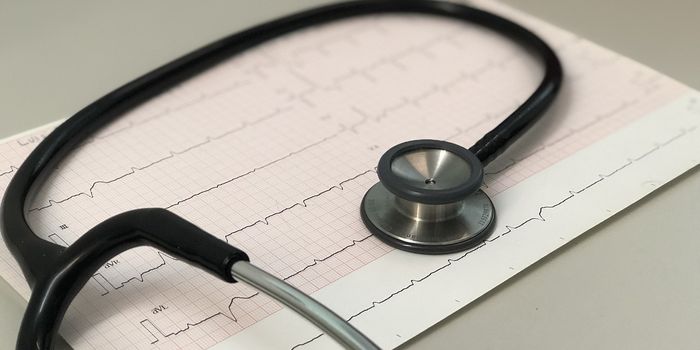Towards a Gene Therapy for Heart Regeneration
For years, researchers at the Texas Heart Institute have been investigating the natural biochemical processes related to heart repair. Their work has shown that in people with heart failure, a signaling pathway called Hippo increases its activity, which seems to interfere with the repair of damaged heart tissue. Now, these scientists have found that when the Hippo pathway is knocked down in the heart cells of a pig model of heart attacks, the regeneration and function of heart tissue was improved compared to pigs with an unaltered Hippo pathway.
Heart failure is a leading cause of death around the world, and while there are medications that can help some patients with heart disease, the best treatment for heart failure is a transplant. But, these findings could translate to people; the hearts of pigs are similar enough to human hearts that they've long been used in heart research. The work has been reported in Science Translational Medicine, and could bring a gene therapy for heart failure closer to use in patients.
"One of the interests of my lab is to develop ways to heal heart muscle by studying pathways involved in heart development and regeneration," said corresponding study author Dr. James Martin, a professor at Baylor and director of the Cardiomyocyte Renewal Lab at the Texas Heart Institute.
Previous studies by the Martin lab have also indicated that if the Hippo signaling pathway is deactivated in a mouse model of human heart failure, there is some improvement in the pumping action of the mouse hearts. That work led the researchers to examine the effects of turning off the same signaling pathway in pigs, said first author Dr. Shijie Liu.
In this work, gene therapy was given to pigs that had "a condition that is similar to what you might find in a human patient who has a blockage in the main artery of the heart, which leads to myocardial infarction," Martin explained.
Once the infarction, or heart attack had happened, the short-hairpin RNA gene therapy targeting a gene in the Hippo pathway called Salvador (Sav) was delivered to the pigs using a common, non-pathogenic viral vector called adeno-associated virus 9 (AAV9). Treated and untreated pigs were then compared.
"We were excited by the results," Liu said. "Three months after we treated the pigs, those that received the gene therapy had improved their heart function, showed signs that their cardiomyocytes were regenerating, had less fibrosis or scarring and had evidence that new blood vessels had formed. The procedure was shown to be safe since the pigs tolerated the therapy very well."
The researchers are hopeful that they test their therapy in human clinical trials soon. "This is a potentially transformational strategy to treat human heart failure. It taps into the healing capacity of the heart, promoting heart muscle self-repair and improved function, which can make a substantial difference in the lives of those who suffer a heart attack," aded Martin.
Liu has also just published a study in Circulation Research that showed that Hippo is regulating scar formation in the heart through another pathway called Wnt. The study authors successfully used that finding to reduce scar formation in a mouse model of heart attack, suggesting that one day, clinicians may indeed be able to use natural pathways for heart regeneration in patients.
Sources: Baylor College of Medicine, Circulation Research, Science Translational Medicine









